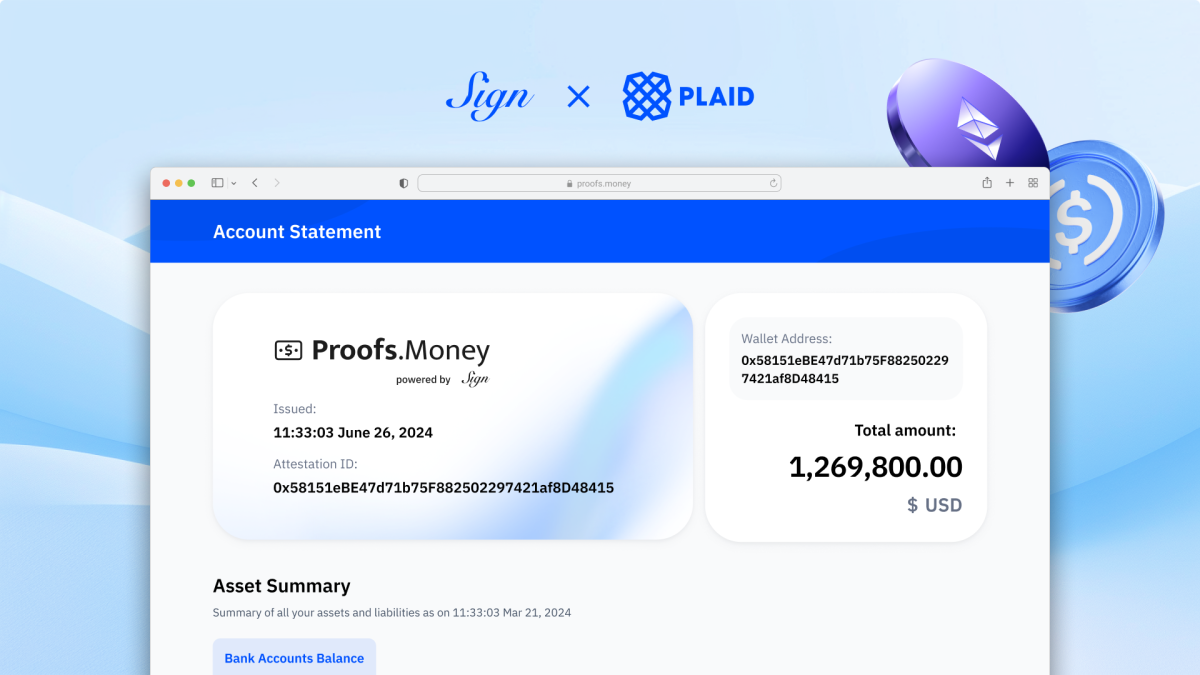ERC-404 token prices dip as rival implementation approaches

Quick Take
- Last week, a group of developers launched an experimental token standard mixing ERC-20 tokens and NFTs together.
- Now tokens built using this standard have seen a drawback in prices, while an alternative implementation is about to be released.

The initial hype around the experimental ERC-404 token standard has calmed down as the prices of tokens built using it have dropped over the last few days.
The original token built using the standard, called Pandora, saw a peak market cap of $324 million on Feb. 9. Since then, it has been cut in half to $150 million, with the price of each token falling below $15,000.
Other tokens built using the same standard didn’t pick up as much steam, with DeFrogs, the second biggest, only rising as high as $38 million in market cap. It has seen a 68% decline in price since its peak. Tokens Rug and Froggie Friends have largely declined in price since they launched.
The ERC-404 token standard is a novel combination of ERC-20 tokens and NFTs. One way to look at it is by seeing it as native fractionalization of NFTs. The core idea is when someone owns less than a whole NFT, the NFT disappears and the user only owns a fraction of a token. If they combine enough tokens to get a whole one, the NFT is returned to them — only it might be a different NFT.
It’s a weird and wacky mash-up, but one that has certainly found interest among the crypto community — largely since traders will jump on any trend early in case it grows to be much larger.
The ERC-404 token standard was built in a rush after the developers were rugged by a previous project that had claimed to provide the same functionality but failed to deliver. It has been criticized as inefficient when it comes to transaction fees. This was partly because the burning and re-minting of NFTs is expensive to do on the Ethereum mainnet, but also over claims the implementation itself was written in an inefficient way.
A rival implementation
A group of developers is working on an alternative implementation of the same idea, which is set to be released imminently. The upcoming standard will be called “Divisible NFT,” shortened to DN-404, according to a pseudonymous developer known as cygaar.
RELATED INDICES
“We’ve legitimately been working around the clock getting the DN404 (divisible NFT) code ready over the weekend,” cygaar posted on X.
After ERC-404 tokens picked up traction, there was a notable increase in transaction fees. Gaslite co-founder Pop Punk said this was the reason for the developers — who have experience in optimizing code to keep fees low — to make the new version.
The seven-day moving average transaction fee on the Ethereum mainnet rose to $11 over the weekend, having risen from $4 at the end of January, according to The Block’s Data Dashboard. Parsec Finance noted on X that the new wave of ERC-404 tokens was largely driving this increase in fees. By providing an alternative implementation with more efficient code, this could allow for more ERC-404 tokens without clogging up the network.
There has been some tension between the Pandora team and the group of developers working on the rival version. While there were some initial discussions between the two groups, they didn’t end up on the same page and are not working together. This means traders speculating on this new development will not only have to bet on whether it will take off but also on which version to support.
Disclaimer: The Block is an independent media outlet that delivers news, research, and data. As of November 2023, Foresight Ventures is a majority investor of The Block. Foresight Ventures invests in other companies in the crypto space. Crypto exchange Bitget is an anchor LP for Foresight Ventures. The Block continues to operate independently to deliver objective, impactful, and timely information about the crypto industry. Here are our current financial disclosures.
© 2023 The Block. All Rights Reserved. This article is provided for informational purposes only. It is not offered or intended to be used as legal, tax, investment, financial, or other advice.



